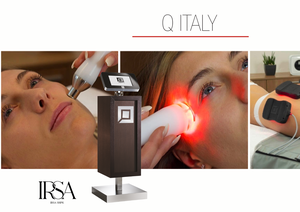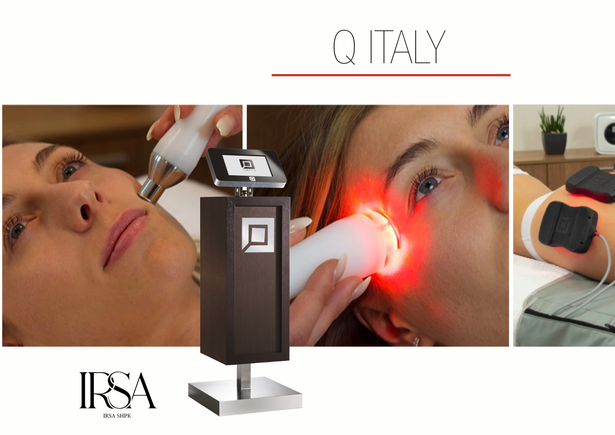
For some people, saying "no" coincides with freedom from situations and people they don't want to be associated with, while for others it can bring discomfort and embarrassment. This is also because society has often impressed upon us that when we say "no" we are being rude. But, in fact, if what is being asked of us hurts us, a "no" is very natural to say.
The word "no" brings several healthy benefits, as it creates mental stability, as well as helps to create self-confidence and put down barriers. "No" is a word that may seem heavy, but in fact, it is mostly related to the attention you should give to yourself and your desires.
Because of the different roles we play in society, we are a little forced to approve and affirm situations or thoughts that, frankly, neither give us pleasure nor serve us. These challenge our ability to put up some barriers, and trying to avoid arguments or guilt, we often find ourselves saying "yes" when we actually want to shout out a loud "no". Since it is a bit difficult, we suggest that you have a clear idea with the setting of the limits, so that it is easier for you to adapt.
So, if you are thinking of setting some limits with your family, you can start with a few small "no's" so that it is as natural as possible for you and the change in behavior comes gradually.
As we said above, saying "no" also serves as a way to take care of yourself. This means that if you don't want to do something, you don't have to. For example: A friend invites you for a drink after work, but you don't feel like it, or you have other plans, a "no" is the best answer.
So don't be afraid to say it, on the contrary, if you don't feel like doing something, say it and see how empowered you feel.







